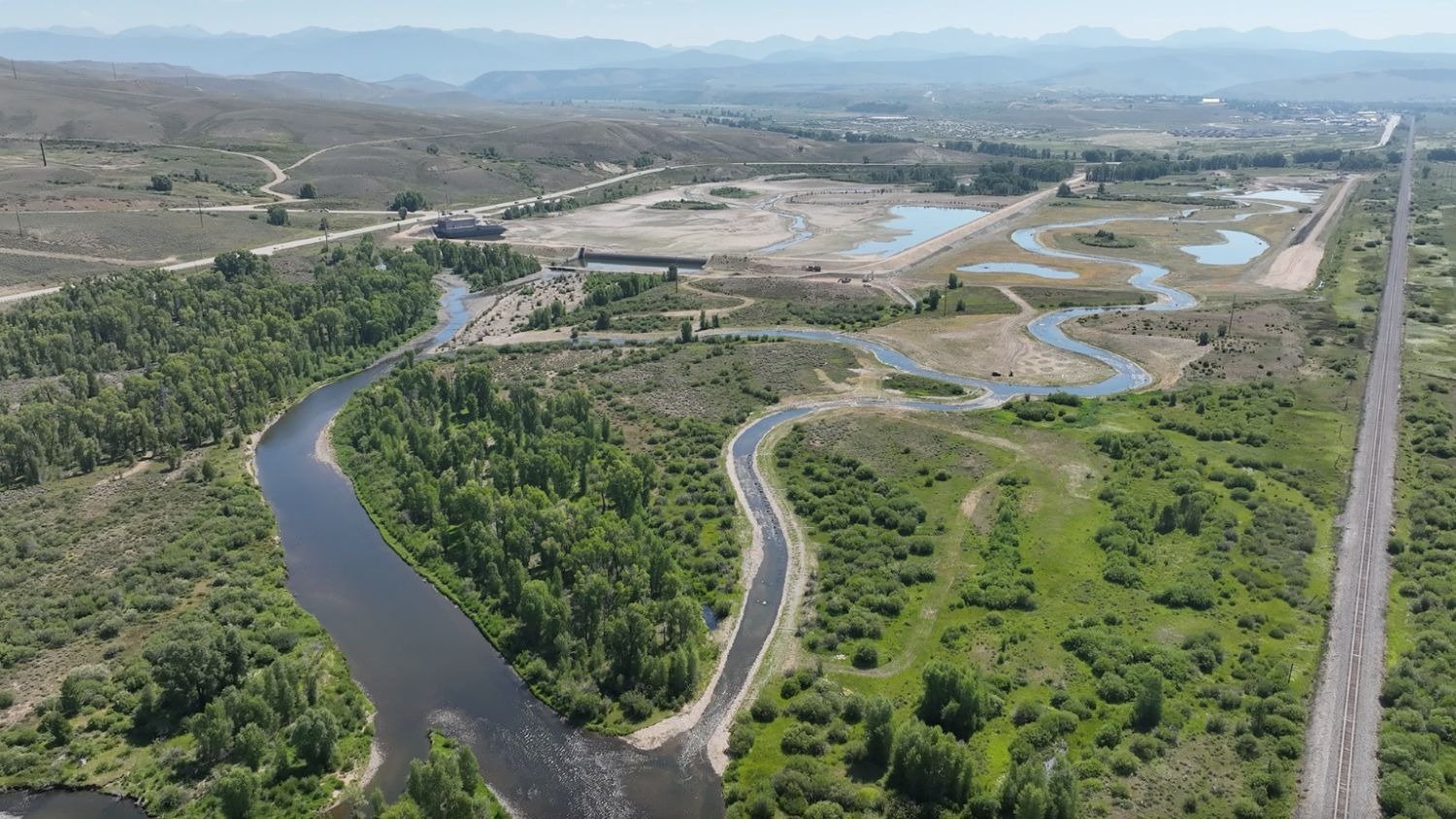By Melinda Kassen
The Denver Post - Opinion
Many people may not remember what America's waters were like before the Clean Water Act. The Cuyahoga River caught fire. Lake Erie was a dead zone. Rivers and streams across the country were foaming, foul-smelling dumps for industrial waste. Reckless development destroyed hundreds of thousands of acres of wetlands and wildlife habitat each year.
The sorry state of our waters was more than a national disgrace — it also was a clear and present threat to public health. Then, in 1972, Congress passed the Clean Water Act. The law ushered in a new era of stewardship of all "water of the United States," and it was widely understood to protect every stream, river, marsh and lake in the nation.
For almost 30 years, the CWA worked to make America's waters clean, fishable and swimmable. And our country moved from an ethic of "out of sight, out of mind," to "everyone lives downstream." Now that ethic is under assault — and so again are our rivers and streams.
In recent years, the Supreme Court has issued confusing and muddled rulings that have distorted the original language of the Clean Water Act and drastically narrowed its scope. Worse, the justices themselves have not agreed on what the law means, with four justices suggesting that only rivers that flow year-round and can float logs or boats deserve protection. As a result of this legal confusion, some 20 million acres of our country's wetlands and millions of miles of rivers and streams have been stripped of protections.
In Colorado, about 75 percent of rivers and streams — some 76,000 miles of waterways — run either seasonally during spring runoff or after summer rains, and thus may no longer qualify for CWA protection from dredging operations, oil spills, discharges of industrial waste or sewage, construction or unregulated development.
That's why Congress must pass the Clean Water Restoration Act. Critics portray CWRA as a federal power grab, but the bill does precisely what it says — it restores the original scope of the Clean Water Act, no more and no less. A key clarification at the heart of the bill — changing the phrase "navigable waters" to "waters of the United States" — follows the interpretation used in the original Clean Water Act and applied by the Army Corps of Engineers and Environmental Protection Agency for decades. The bill also continues existing exemptions for farm and ranch operations. Even small, seasonal streams have immense biological value as fish habitat. Field and Stream magazine recently called CWRA a top legislative priority for sportsmen, citing its protection of wetlands that are "among the most important habitats for waterfowl and a host of other wildlife."
The Clean Water Act is based on a commonsense truth: Our waters, large and small, are interconnected — and to pretend otherwise is to invite disaster. When we allow polluters to dump toxins or trash upstream, we can expect pollution and devastation downstream, in our most prized rivers and streams.
Colorado Sen. Mark Udall and Sen. Michael Bennet expressed opposition to CWRA when it was introduced, calling its language overly broad. But their concerns about impacts on agriculture have been directly addressed in the compromise bill approved June 18 by the Senate Environment and Public Works Committee.
It is time for both senators to support the bill. The Clean Water Restoration Act protects Colorado's streams and rivers from polluters who want the right to trash our state's waters. Melinda Kassen of Boulder is director of Trout Unlimited's Western Water Project.








